The terror threat alert has been raised to a higher level in Hungary following Sunday's meeting of the Defense Council, Magyar Nemzet has learned. As was reported, PM Viktor Orban convened an emergency meeting of the Defense Council on Sunday, in the aftermath of Iran's attack on Israel. After the meeting, he said that every effort would be made to ensure that wars in the world do not endanger the peace and security of Hungarian families. Mr Orban also posted a video message in which he said that what they had feared has happened: Iran has attacked Israel with drones and missiles.
We condemn the attack which threatens to engulf the entire Middle East in an interstate war, and thus poses a serious threat to the entire world, including Hungary,
the prime minister added, saying that he had called a meeting of the Defense Council to assess the national security and economic consequences of the conflict for Hungary. At the same time, he instructed the interior minister and the heads of the counter-terrorism services to guarantee the safety of the Hungarian people with all available means. The PM Orban also announced that he would travel to Brussels on Tuesday to review the current war situation with European leaders.
According to our information, a higher level terrorism threat alert was ordered in response to the premier's request, which in practice means more intensive intelligence sharing, tighter protection for key facilities and state-level leaders, and an increased police presence in public areas, at mass events and at Jewish-affiliated institutions.
Jozsef Horvath, former Deputy Director General for Operations of the Civil and Military Counter Terrorism Unit, confirmed that when the PM gives such an order to Interior Minister Sandor Pinter and to the Counter Terrorism Center, the basic protocol involves ramping up sources of information, and in addition to human operational work, they also increase contact with partner services abroad to keep each other informed of any data on preparations for potential terrorist acts.
Secret services are engaged full throttle
Constant liaising must also be maintained with partner organizations in the European Union and NATO. This is not normally a part of continuous, day-to-day operations, but in times of a terrorism alert, the activity is significantly increased. According to the security policy adviser at the Center for Fundamental Rights, the security level of the country's protected leaders (including the prime minister, the president of the Republic, the House speaker, members of the government and the heads of the judiciary) has also been heightened. At the same time, venues of critical strategic importance (such as nuclear power plants, electricity and gas water supply, telecommunications, financial sector institutions and hazardous production facilities) are also provided enhanced protection.
This heightened level of protection will be maintained until the situation is deemed to have improved, or will be ratcheted up to a higher level if the threat continues to grow.
Armed patrols may be deployed
According to the security expert, citizens will also notice the elevation of terrorism preparedness, as more armed patrols will be seen in big city public areas, with the potential involvement of Hungarian Defense Forces. The festival season is also rapidly approaching, he pointed out,
requiring tighter security at larger mass events, without significantly restricting the free movement of participants, which is always a challenge for counter-terrorism and national security practitioners.
In addition, of course, the institutions of foreign missions, embassies, religious life, education and social services, especially those of the Jewish community, must be strengthened.
Alert levels
A given alert level may be declared by the interior minister for the entire country or for a specific area, depending on the actual threat level. Level 4, the lowest of the levels, may be ordered if, on the basis of verified or partially verified information, there is a danger of a terrorist act being committed in an EU or NATO member state. Level 3 or medium level is designated if the verified or partially verified information indicates an increase in the threat level in an EU or NATO country or if an act of terrorism has been committed in a neighboring state. Level 2 or high alert is warranted if the verified or partially verified information indicates a specific threat to Hungary or if there is concrete information indicating the imminent occurrence of an act of terrorism against Hungary. Level 1, the highest, critical level, is ordered if an act of terrorism with serious impact on the country has been committed either on or outside the territory of Hungary, or if other potentially terrorism-linked events with serious consequences occur on the territory of Hungary. The decision extends to the relevant bodies of the Interior Ministry, the Constitution Protection Office, the special Service for National Security, the Information Office, the Military National Security Service, the Counter Terrorism Center (TEK), the National Police Headquarters, the National Defense Service, the National Directorate General for Disaster Management, the National Tax and Customs Administration, the Coordination Center against Organized Crime, the Immigration and Nationality Office, the National Prison Service together with several ministries.
Cover photo: Counter-Terrorism Center (TEK) officers and an armored transport vehicle at Liszt Ferenc Airport on March 25, 2016, the third day after the declaration of Level 2 terror threat alert (Photo: MTI/S Szilard Koszticsak)
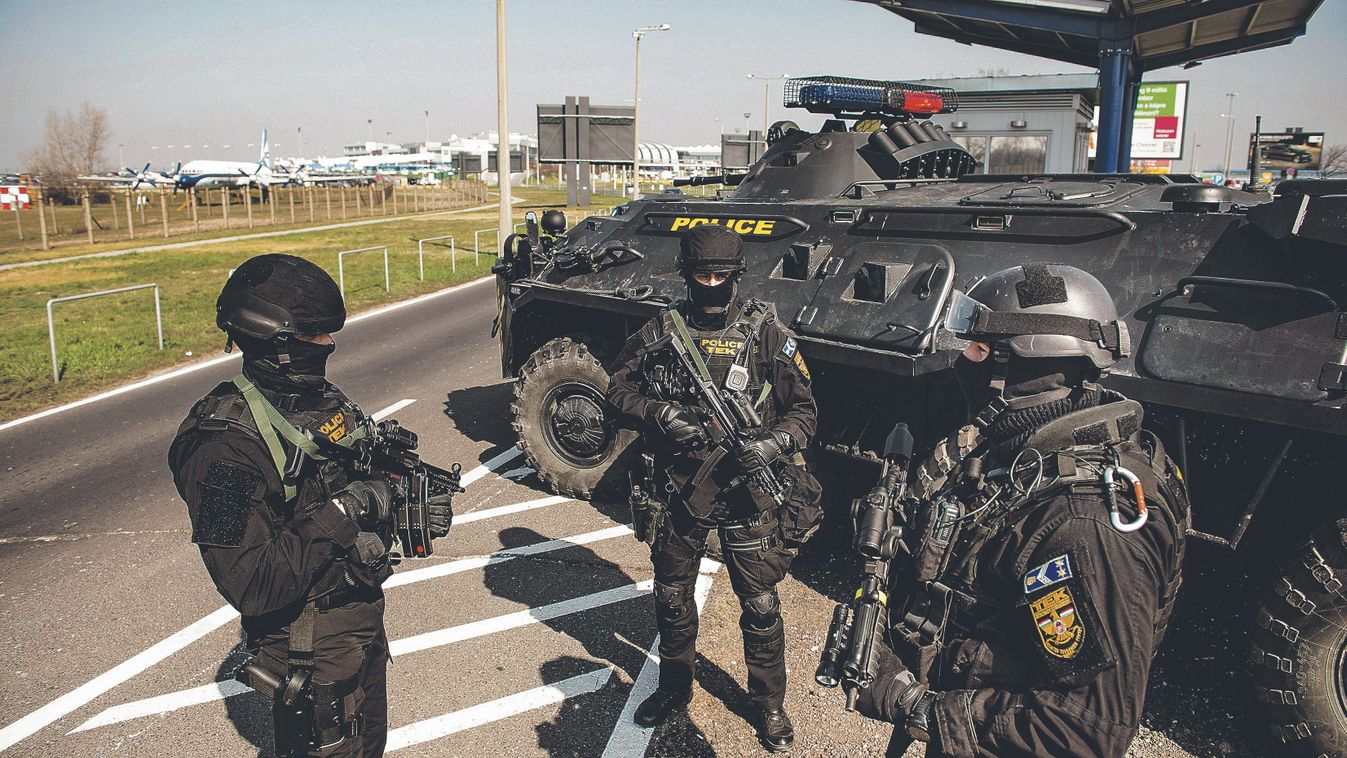
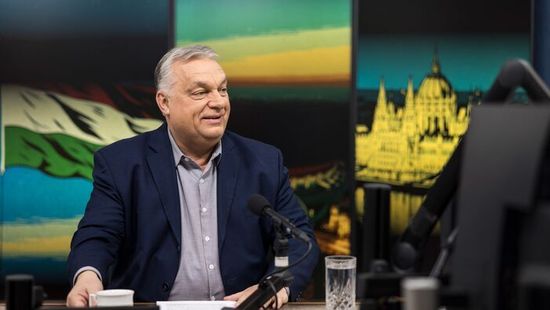

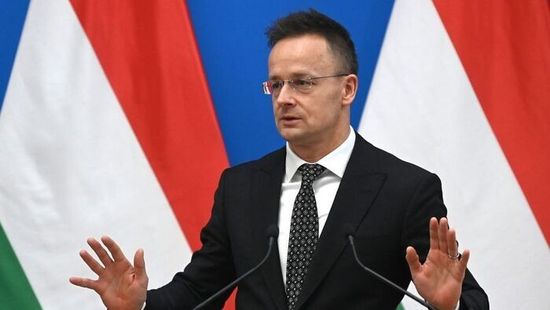








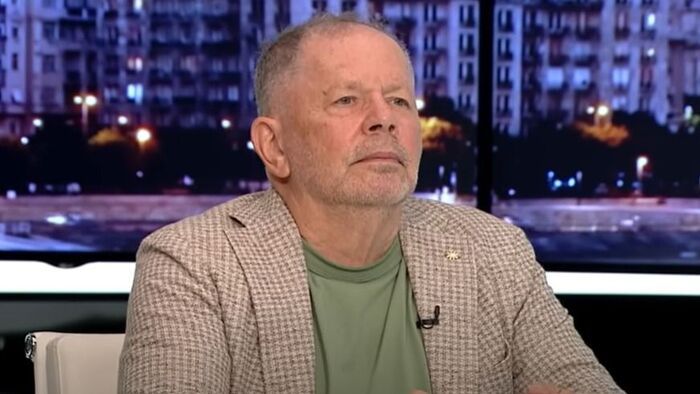
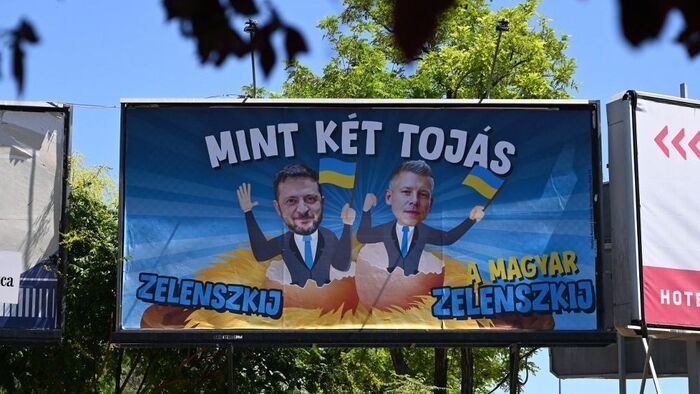

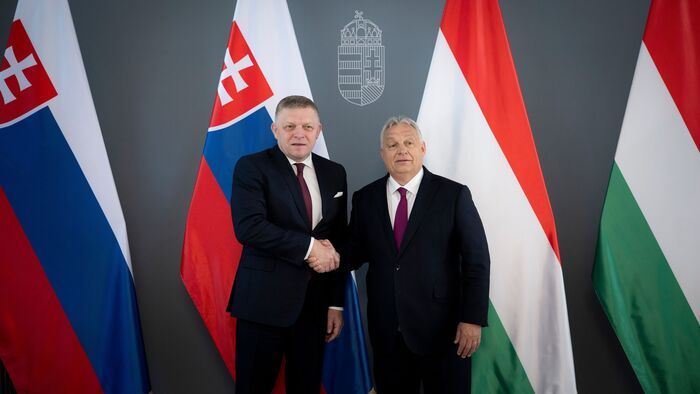
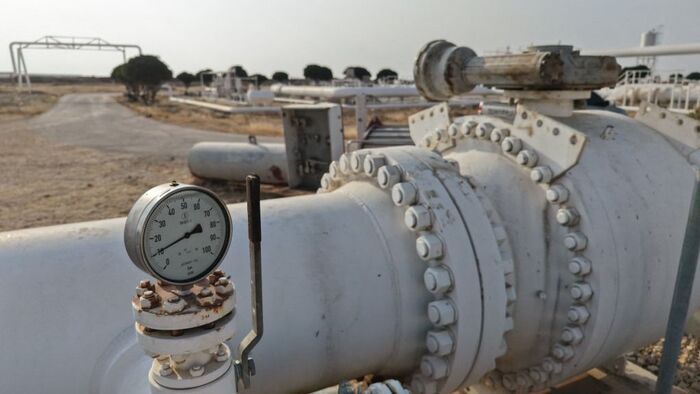






Szóljon hozzá!
Jelenleg csak a hozzászólások egy kis részét látja. Hozzászóláshoz és a további kommentek megtekintéséhez lépjen be, vagy regisztráljon!